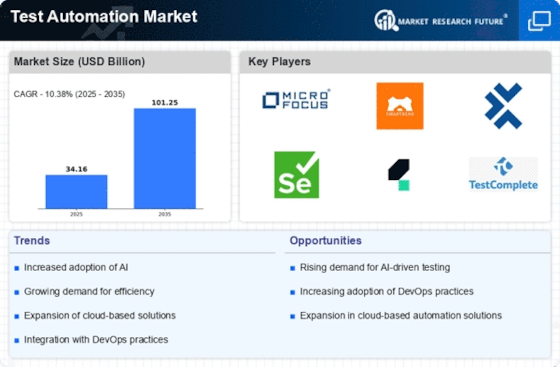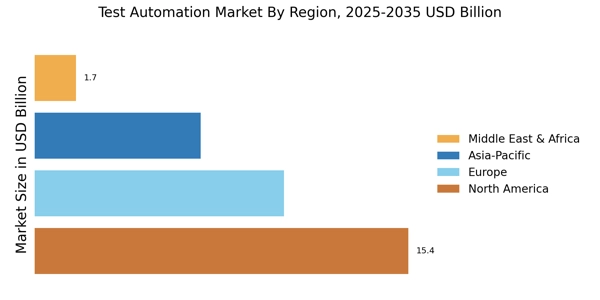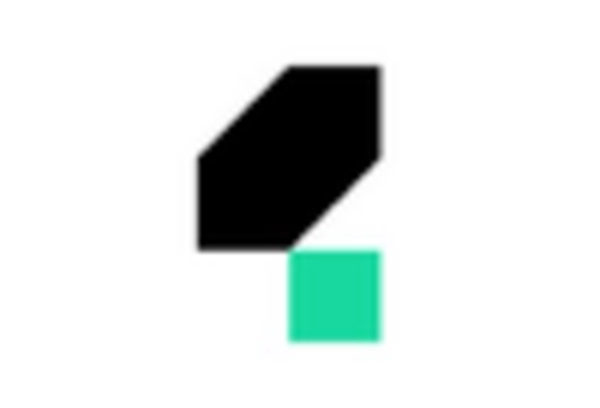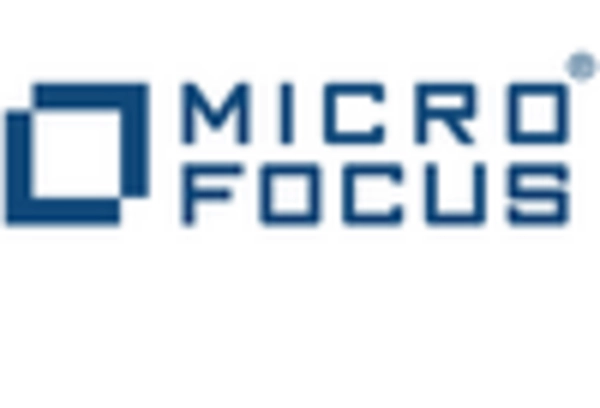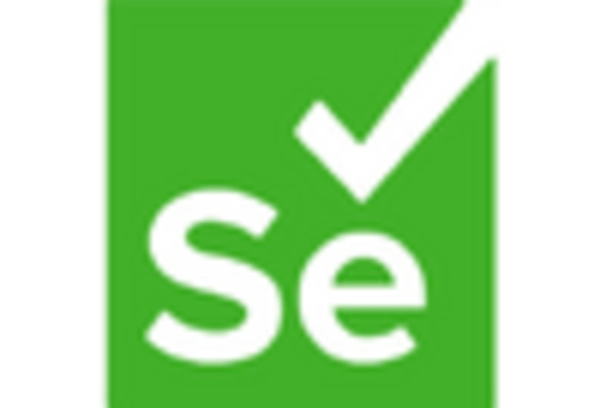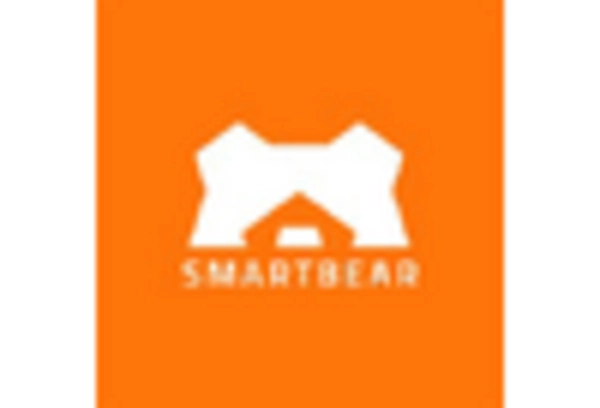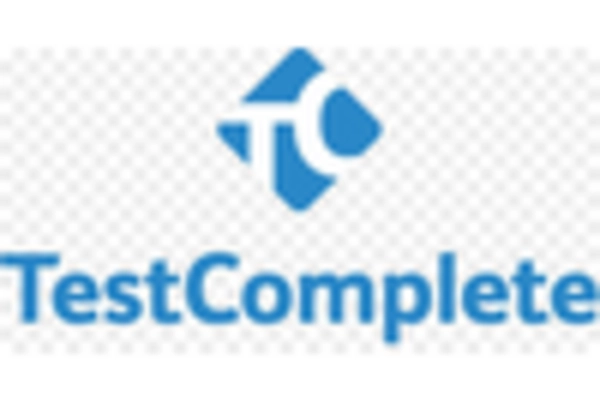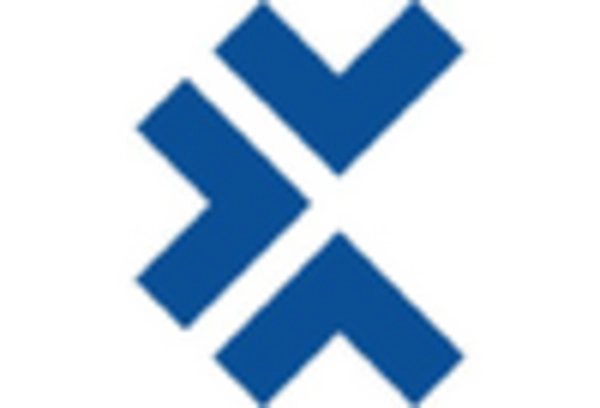Adoption of Agile and DevOps Practices
The adoption of Agile methodologies and DevOps practices has transformed the software development landscape. These frameworks emphasize collaboration, rapid iteration, and continuous delivery, necessitating the integration of automated testing solutions. In the Test Automation Market, this shift is evident as organizations seek to streamline their development processes. The need for faster release cycles and immediate feedback loops has propelled the demand for test automation tools that can seamlessly integrate into Agile and DevOps workflows. As a result, the Test Automation Market is experiencing significant growth, with many companies investing in automation to keep pace with the evolving demands of software development.
Emergence of IoT and Connected Devices
The proliferation of Internet of Things (IoT) devices has introduced new challenges in software testing. With an increasing number of connected devices, the complexity of testing has escalated, necessitating advanced automation solutions. The Test Automation Market is adapting to this trend by developing tools specifically designed for IoT applications. This shift is indicative of a broader movement towards ensuring that software can effectively interact with various devices and platforms. As the number of IoT devices continues to rise, the demand for specialized test automation solutions is likely to grow, further propelling the Test Automation Market.
Increased Focus on Digital Transformation
As businesses undergo digital transformation, the need for efficient and reliable software testing becomes increasingly critical. Organizations are investing in technologies that facilitate this transformation, including test automation solutions. The Test Automation Market is witnessing a surge in demand as companies strive to enhance their digital capabilities. This trend is supported by data indicating that organizations prioritizing digital transformation are more likely to adopt automated testing tools. By leveraging these tools, businesses can ensure that their software applications meet the evolving needs of their customers, thereby driving growth in the Test Automation Market.
Regulatory Compliance and Security Concerns
In an era where data breaches and compliance issues are prevalent, organizations are prioritizing security in their software development processes. The Test Automation Market is responding to this need by offering solutions that incorporate security testing into the automation framework. Companies are increasingly aware that failing to comply with regulations can result in significant financial penalties and reputational damage. As a result, there is a growing emphasis on automated testing that ensures compliance with industry standards and security protocols. This focus on regulatory compliance is likely to drive further investment in the Test Automation Market, as organizations seek to mitigate risks associated with software vulnerabilities.
Rising Demand for Software Quality Assurance
The increasing complexity of software applications has led to a heightened demand for quality assurance processes. Organizations are recognizing that ensuring software quality is paramount to maintaining customer satisfaction and competitive advantage. In the Test Automation Market, this demand is reflected in the growing investment in automated testing tools and frameworks. According to recent data, the market for software testing is projected to reach substantial figures, indicating a robust growth trajectory. Companies are increasingly adopting test automation to enhance efficiency, reduce time-to-market, and minimize human error, thereby driving the Test Automation Market forward.


